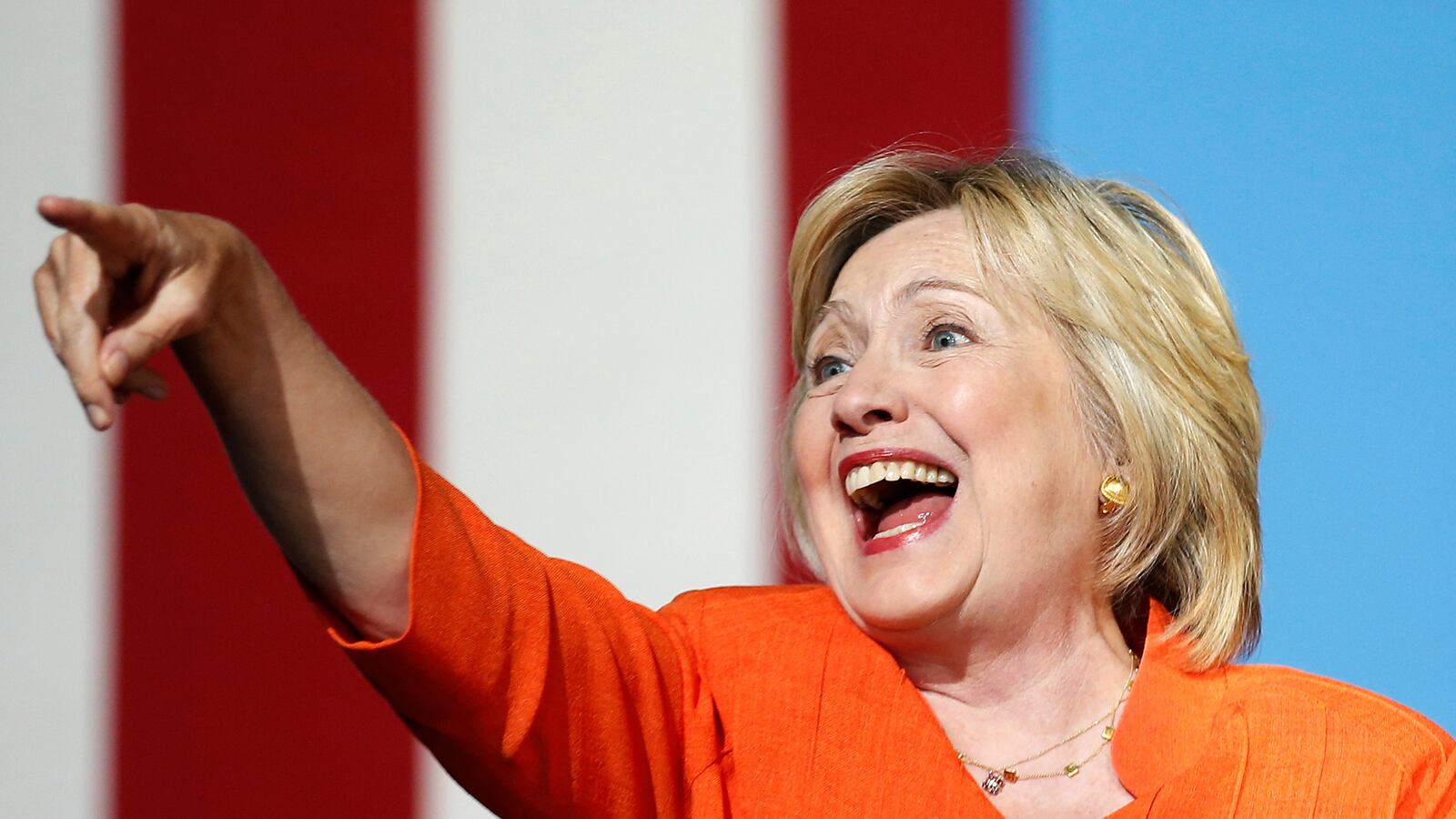Please do not turn to Rudy Giuliani for medical information.
The former mayor of New York appeared on Fox News Sunday this past weekend to speculate about Hillary Clinton’s purported ill health. After asserting a media cover-up on her behalf, Giuliani encouraged viewers to take to Google to find videos backing up his claims.
Apparently it needs saying that this is not a reliable means of establishing a medical diagnosis.
I generally discourage my own patients from using internet search engines to research their own concerns. Oftentimes the diagnoses they end up with are far more dire or obscure than the common and benign conditions actually responsible for them. Googling simply misdirects them toward undue anxiety.
But the improbability of those results pales in comparison to the unmistakable claptrap you’ll find if you take Giuliani’s advice. The “evidence” you’ll come across is heavily edited videos that take brief clips (including Clinton’s admittedly goofy reaction to the balloon drop during the Democratic National Convention) and stitch them together in order to create the impression of some kind of neurological dysfunction.
Suffice it to say, nothing in any of the videos I saw came close to sound evidence of any neurological condition. While I have had parents bring in videos of their children displaying seizure-like or other unusual behaviors, which have at times been helpful in figuring out what (if any) medical condition might be worth investigating, they are useful insofar as they add information to what I’ve already obtained from a detailed history and thorough examination.
The blatantly biased videos you’ll find about Hillary Clinton are diagnostically meritless.
Unfortunately, there is precedent within Giuliani’s own party for misusing edited videos for ideologically-based medical diagnoses.
In 2005, then-Sen. Bill Frist, a cardiothoracic surgeon, proclaimed from the Senate floor that Terri Schiavo, the woman at the center of a controversial end-of-life case, was not in a persistent vegetative state as doctors who had examined her had said. He based this on videos he had seen, not on any kind of examination he performed himself.
It was grossly inappropriate for him to have done so.
Admittedly, there are mental health professionals who are all too eager to diagnose Donald Trump from afar without actually having examined him themselves. The New York Times quoted several who justify their decisions because they consider Trump’s candidacy a serious threat to the nation’s future. However well intentioned they may believe themselves, I strenuously object to this practice, not only because it deviates from medical ethics, but because it contributes to the stigma of mental illness by using it as a convenient means of explaining behavior we deem unacceptable.
Giuliani’s conduct is another level of disgracefulness, however. He is among Trump’s most high-profile surrogates, and is presumably promulgating misinformation about Clinton’s health with the campaign’s approval, tacit or otherwise. Given Trump’s previous statements erroneously linking vaccines and autism, he seems to have no trouble trafficking in medical conspiracies if it suits his ends. I greet the prospect of a medical conspiracist in the Oval Office with abject dismay.
Doctors for both Clinton and Trump have released statements attesting to the health of the candidates. Trump’s was written in a highly idiosyncratic manner, and Clinton’s have been followed by “leaked” forgeries that added yet more fuel to the unfounded rumors about her wellbeing. But there is no valid reason to dispute either campaign’s assertions that the candidates are basically healthy.
Giuliani is no medical professional, and touting plainly slanted videos as evidence of Clinton’s neurological deterioration is egregious. Given the surprising lapses in his own memory, he should devote his attention to his own mental health, and refrain from commenting publicly on anyone else’s.






